In what promises to be a revolutionary breakthrough in treatment of various neurological illnesses, Brainstorm is a European project using tiny magnets to restore damaged neurons.
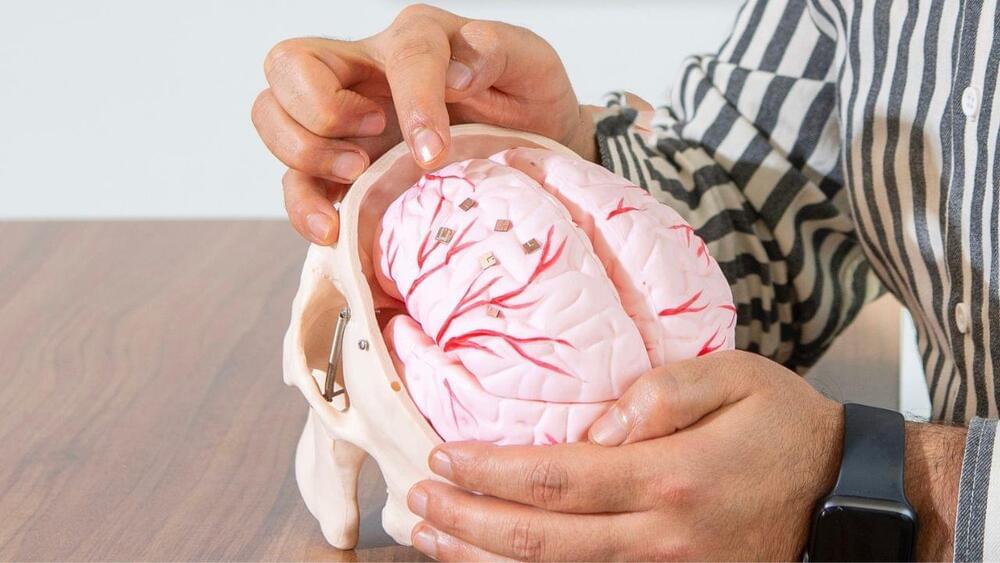


Increasing evidence suggests that acupressure, a complementary and alternative medicine approach involving applying pressure to specific areas of the body, known as acupoints, can effectively mediate symptoms experienced by cancer patients. Recent studies have shown that acupressure can control cancer-related nausea, fatigue, sleep disruption, and pain.
Most of the growing body of literature promoting the benefits of acupressure involves treatments administered by trained acupuncturists. However, we lack an understanding of the effectiveness of performing acupressure on yourself, a process known as self-acupressure. To address the potential benefits of self-acupressure, a team of researchers conducted a systemic review of published data on self-acupressure for symptom management in cancer patients. The review appears in a recent issue of the Journal of Pain and Symptom Management.
The researchers searched electronic databases for peer-reviewed studies exploring self-acupressure for cancer-related symptoms. The search identified 11 studies to include in the review.
Bond, a new startup in New York City, has created robots that can learn your handwriting and convert digital notes into personalized letters.
» Subscribe to NBC News: http://nbcnews.to/SubscribeToNBC
» Watch more NBC video: http://bit.ly/MoreNBCNews.
NBC News is a leading source of global news and information. Here you will find clips from NBC Nightly News, Meet The Press, and our original series Debunker, Flashback, Nerdwatch, and Show Me. Subscribe to our channel for news stories, technology, politics, health, entertainment, science, business, and exclusive NBC investigations.
Connect with NBC News Online!
Visit NBCNews. Com: http://nbcnews.to/ReadNBC
Find NBC News on Facebook: http://nbcnews.to/LikeNBC
Follow NBC News on Twitter: http://nbcnews.to/FollowNBC
Follow NBC News on Google+: http://nbcnews.to/PlusNBC
Follow NBC News on Instagram: http://nbcnews.to/InstaNBC
Follow NBC News on Pinterest: http://nbcnews.to/PinNBC
Note-writing robots pen letters in your handwriting | NBC news.
New, ground-breaking wind technology for the maritime industry has the potential to decarbonise large cargo vessels, which are currently responsible for about 2% of global emissions.
Pyxis Ocean retrofitted with WindWings setting sail for its maiden voyage, August 2023. Credit: Cargill.
Pyxis Ocean, a bulk carrier measuring 229 m (751 ft) in length, with gross tonnage of over 43,000 MTs, has begun its maiden voyage from China to Brazil. This is no ordinary cargo vessel, however, as it comes fitted with new “WindWings” designed to reduce reliance on fossil fuels.

According to Hugo de Garis, we will build (and/or become) artilects: Intelligent beings hugely (bazillions of times) smarter than humans.
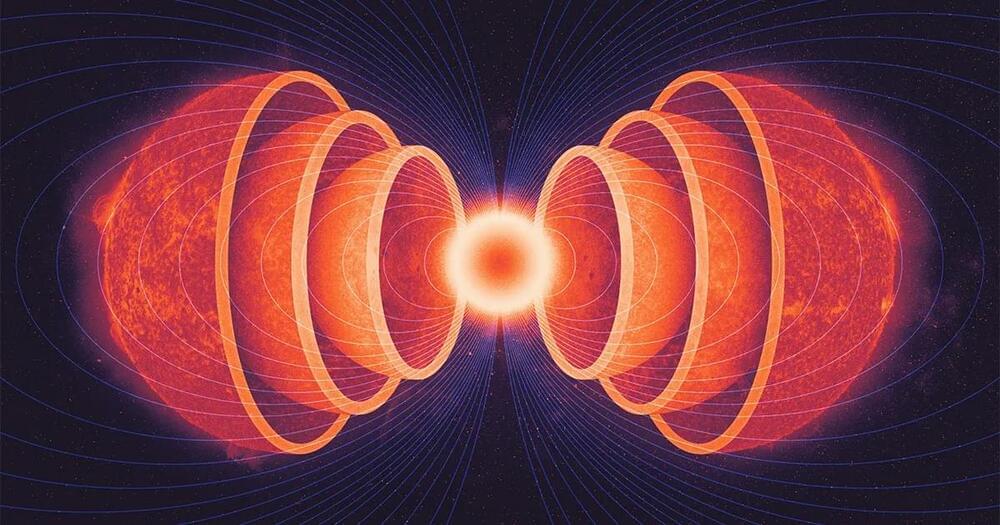
Have we found the smoking-gun evidence for modified gravity? Were Einstein and Newton both wrong about gravity?
#gravity #breakthrough #physics.
Sources:
https://bigthink.com/starts-with-a-bang/binary-stars-prove-modified-gravity/
https://phys.org/news/2023-08-smoking-gun-evidence-gravity-gaia-wide.html.
If you enjoy the channel and want even more physics, tech, and business content, I’ve just launched new Instagram and Threads pages. Follow on the links below.
Insta: https://www.instagram.com/drbenmiles_
Threads: https://threads.net/drbenmiles_
Newsletter https://drbenmiles.substack.com/
A few people have asked so I’ve added the info below. Some of these are affiliate links. If you make a purchase it doesn’t cost you anything extra, but a percentage of the sale will help support this channel and my work to bringing entrepreneurship into science.
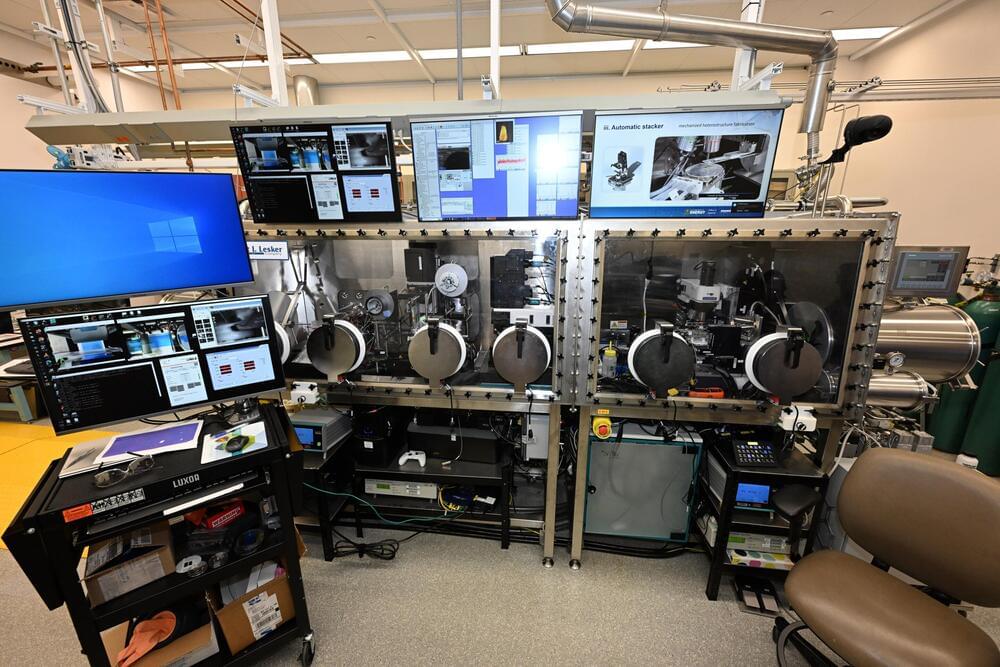
Creating novel materials by combining layers with unique, beneficial properties seems like a fairly intuitive process—stack up the materials and stack up the benefits. This isn’t always the case, however. Not every material will allow energy to travel through it the same way, making the benefits of one material come at the cost of another.
Using cutting-edge tools, scientists at the Center for Functional Nanomaterials (CFN), a U.S. Department of Energy (DOE) User Facility at Brookhaven National Laboratory, and the Institute of Experimental Physics at the University of Warsaw have created a new layered structure with 2D materials that exhibits a unique transfer of energy and charge. Understanding its material properties may lead to advancements in technologies such as solar cells and other optoelectronic devices. The results were published in the journal Nano Letters.
Transition metal dichalcogenides (TMDs) are a class of materials structured like sandwiches with atomically thin layers. The meat of a TMD is a transition metal, which can form chemical bonds with electrons on their outermost orbit or shell, like most elements, as well as the next shell. That metal is sandwiched between two layers of chalcogens, a category of elements that contains oxygen, sulfur, and selenium.
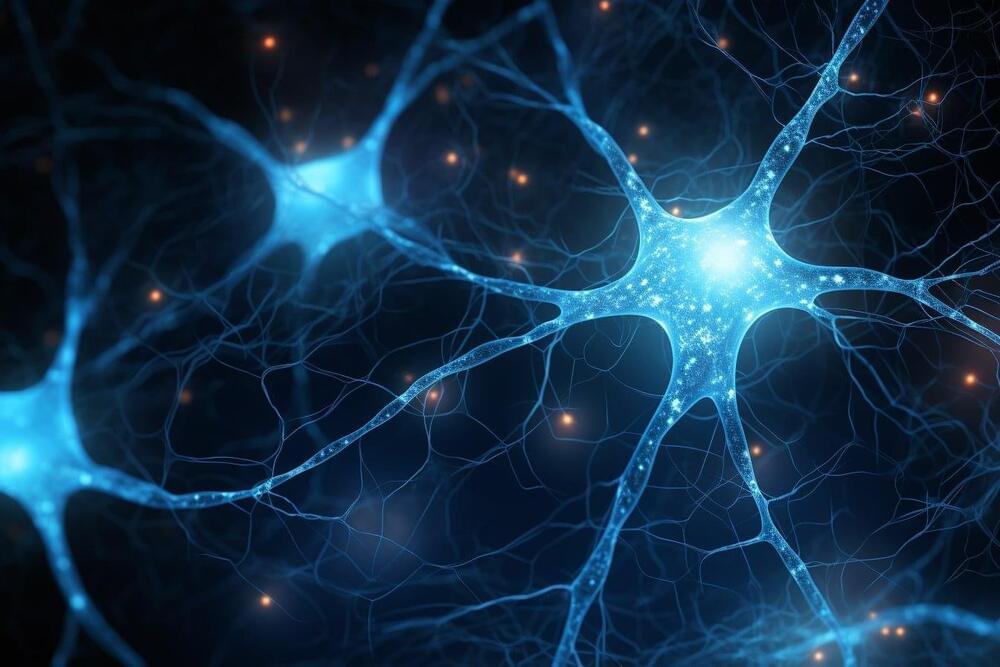
Summary: Researchers successfully mapped the neural activity of the C. elegans worm, correlating it to its behaviors such as movement and feeding.
Using novel technologies and methodologies, they developed a comprehensive atlas that showcases how most of the worm’s neurons encode its various actions.
This study provides an intricate look into how an animal’s nervous system controls behavior. The team’s findings, data, and models are available on the “WormWideWeb.”
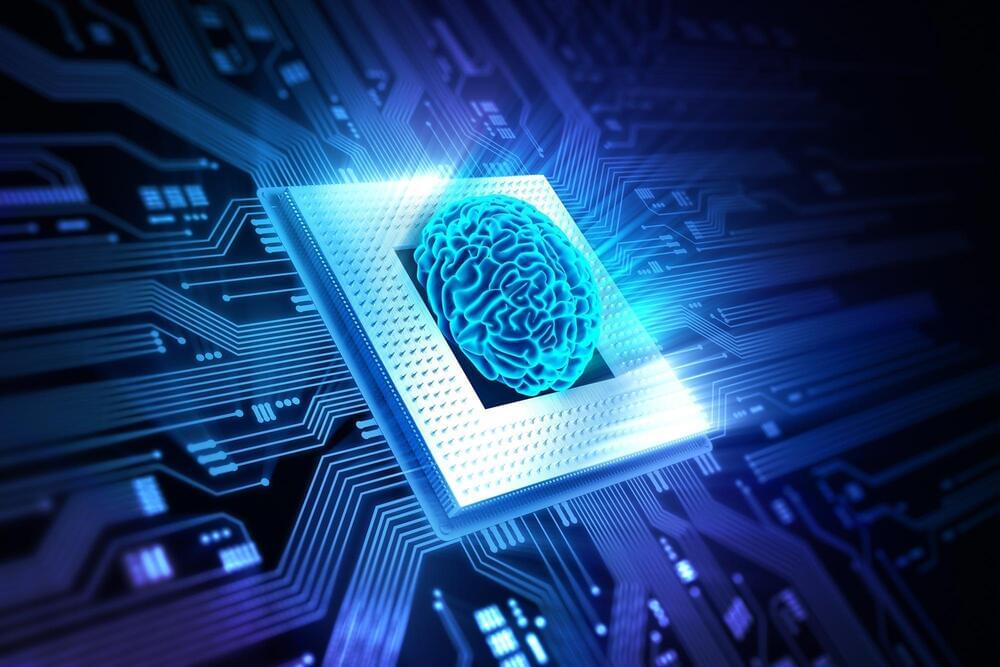
Researchers from The University of Queensland applied an algorithm from a video game to study the dynamics of molecules in living brain cells.
Dr. Tristan Wallis and Professor Frederic Meunier from UQ’s Queensland Brain Institute came up with the idea while in lockdown during the COVID-19.
First identified in 2019 in Wuhan, China, COVID-19, or Coronavirus disease 2019, (which was originally called “2019 novel coronavirus” or 2019-nCoV) is an infectious disease caused by severe acute respiratory syndrome coronavirus 2 (SARS-CoV-2). It has spread globally, resulting in the 2019–22 coronavirus pandemic.